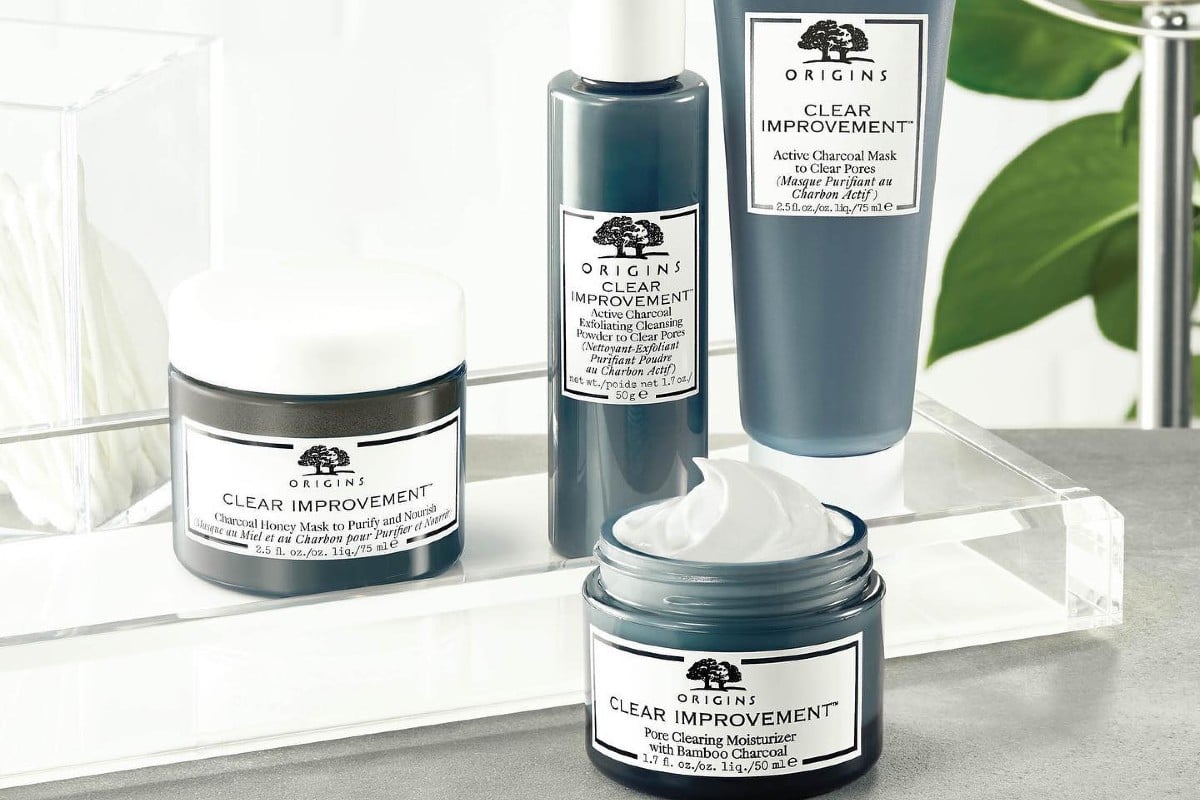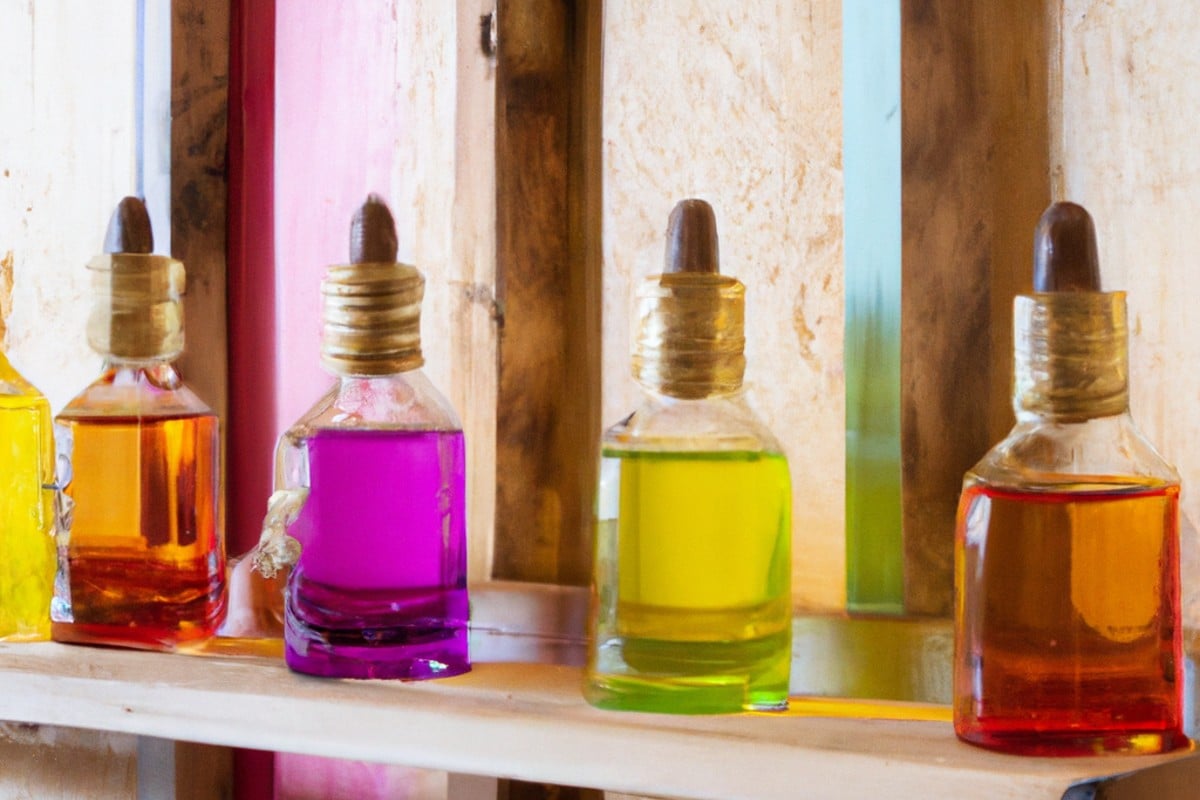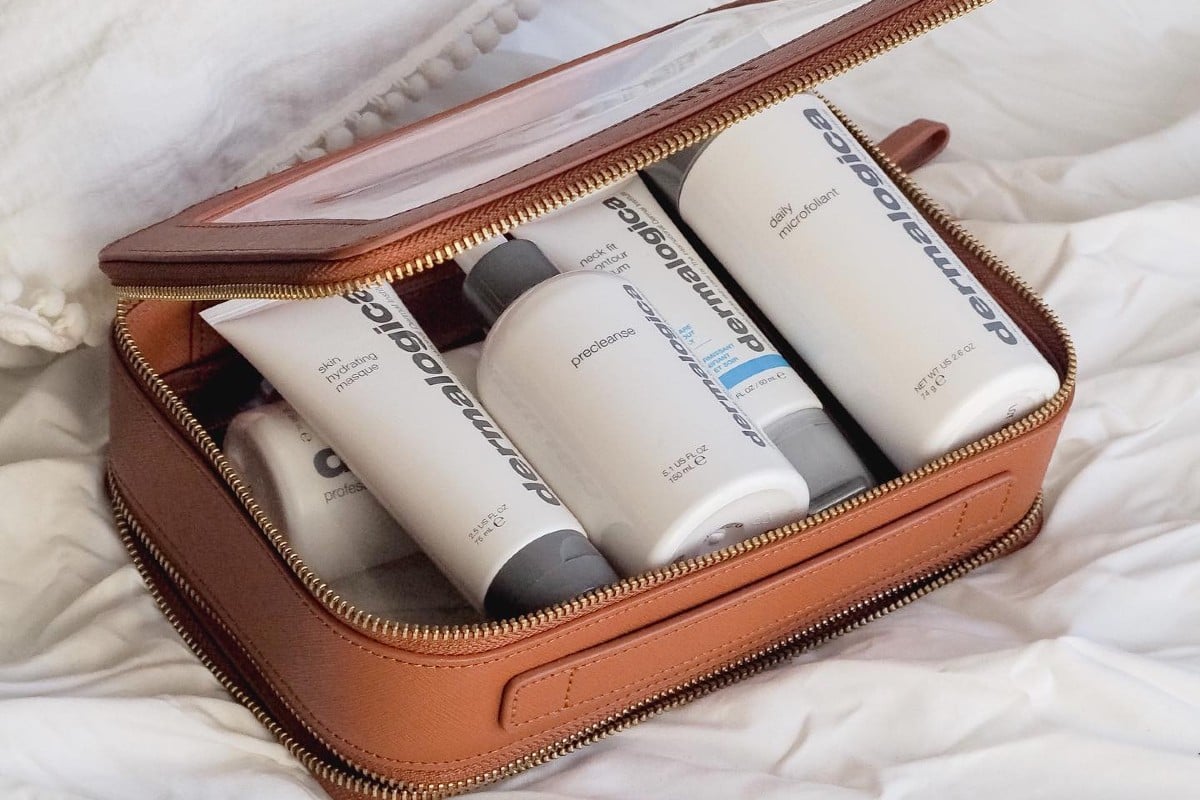Can oily skin really become dry? The short answer is yes, oily skin can get drier than usual, but not like a lifetime condition. Although the skin type is definitive and genetically determined, be it normal, dry, oily, or combination, it can still be susceptible to temporary shifts, mostly due to environmental and hormonal changes. That said, oily skin can temporarily react to external changes and become dry, and when that happens, it’s imperative to adapt your skincare routine to these changes. Yet, the only exception when oily skin permanently becomes a dry type is due to age — as the sebaceous glands are less active and produce less sebum.
Also, it’s important to note that there is a difference between the skin type, behavior, and condition. So when oily skin becomes dry, it means you’re dealing with a change in the condition and behavior of your complexion, aka dehydrated skin, which manifests as itchiness, dullness, and lack of moisture. A few key factors might be the reason for your thirsty skin that makes your oily complexion become dry:
1. Seasonal or climate changes
Skin experts share that the skin can make adjustments depending on the prevalent seasonal changes to keep the body safe. For instance, when skin gets exposed to drier climates, people with dry complexion will require heavier moisturizers to keep it hydrated. While people having oily skin will either balance out or become oilier during dry conditions. Keeping skin balanced during such conditions can be done by avoiding extreme cooling or heating indoors during summer.
2. Hormonal level
Hormonal levels can fluctuate due to a number of reasons, thus causing skin problems or changes. For instance, while on period or pregnant, women might develop acne or oily skin. However, this does not in any way indicate that your skin type has changed.
3. Environmental changes
From pollutants to allergens to UV exposure and free radicals, many environmental factors can greatly influence one’s skin condition. In most cases, 80% of premature aging signs, including dryness, have been developed due to accumulated UV damage and sun exposure.
4. Medicine
Some medicines like diuretic medicines and older antidepressants can lead to conditions such as dry skin. If you feel that having a particular medication is affecting your skin, reach out to your doctor to discuss possible ways to manage and counteract the side effects.
5. Lifestyle
One’s lifestyle can also make oily skin drier. Stuff like stress levels, sleeping hours, exercise, and smoking can lead to certain conditions. Changing your sleeping, exercising, and diet can also impact your complexion condition, such as oily or dry skin. People having eczema, psoriasis, or acne can also benefit from revising their lifestyle.
6. You don’t moisturize your skin enough
You may think that oily skin doesn’t need a daily moisturizer as it will make it appear greasier, but that’s just a misconception. When you don’t moisturize enough, your skin will not just become dehydrated, but it will produce more sebum to replenish the lack of moisture, leading to pimples and clogged pores. So oily skin needs hydration as much as it needs sebum. Just make sure you use a lightweight, non-comedogenic moisturizer to keep oily skin hydrated and prevent dryness.
Final words
Yes, oily skin can become dry and dry skin can become oily, but that all depends on several factors. If you’re experiencing changes in your complexion, understanding how to moisturize oily skin will help you a lot to keep things balanced. Following a skincare routine tailored for oily skin is deadly important as well.





